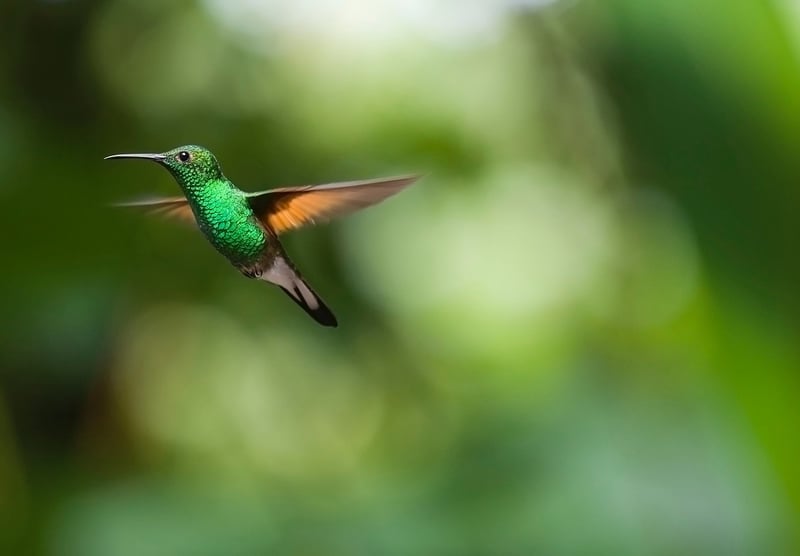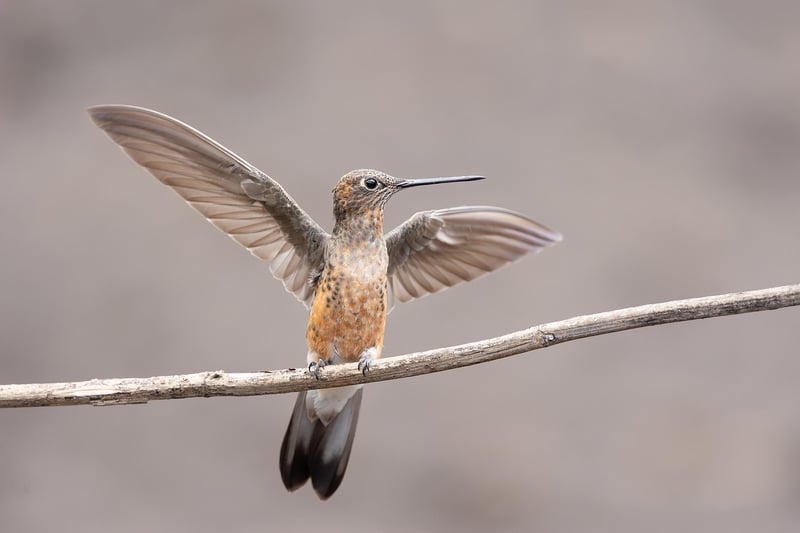Hummingbird Havens
Creating Habitats for Pollinators + Hummingbird Havens
Do you want to attract beautiful pollinators like butterflies, bees, and hummingbirds to your garden? Creating a welcoming habitat for these vital creatures not only adds beauty to your outdoor space but also helps support the ecosystem. Here are some tips on how to turn your garden into a buzzing haven for pollinators.
1. Choose Native Plants
Selecting native plants is crucial for attracting local pollinators. These plants have co-evolved with native pollinators and provide them with the nectar, pollen, and habitat they need to thrive.
2. Provide Water Sources
Place shallow dishes of water in your garden to offer a refreshing drink to pollinators. Adding rocks or marbles to the water source can provide landing spots for insects like butterflies.
3. Avoid Pesticides
Avoid using pesticides in your garden as they can be harmful to pollinators. Opt for natural pest control methods or plant flowers that attract beneficial insects that can keep pest populations in check.
4. Create Habitat Diversity
Include a variety of plants in your garden to provide food and shelter for different pollinators. Plant flowers of various colors, shapes, and sizes to attract a wide range of species.
5. Build Hummingbird Havens
Hummingbirds are fascinating pollinators known for their iridescent colors and aerial acrobatics. To attract these tiny birds to your garden, plant tubular flowers like salvia, fuchsia, and trumpet vine. Providing perches for hummingbirds to rest and nest will make your garden even more inviting.
6. Educational Resources
For more information on creating pollinator-friendly habitats, check out resources provided by organizations like the Xerces Society and the Pollinator Partnership. These resources offer valuable tips and guides to help you transform your garden into a haven for pollinators.

By following these simple steps, you can create a vibrant and thriving habitat for pollinators in your garden. Not only will you enjoy the beauty of these creatures, but you will also play a crucial role in supporting biodiversity and sustainability in your local environment.
Remember, every little effort counts when it comes to protecting our pollinators!
